THIS year, the world discovered one of India’s best-kept secrets, Kani Kusruti.
The acclaimed actress brought depth to successful web serials in multiple languages and delivered impactful performances in two contrasting films that made waves on the international festival circuit.
Her standout achievements included Girls Will Be Girls, which premiered at the Sundance Film Festival, and All We Imagine As Light, which won the Grand Prix prize at the Cannes Film Festival. These successes marked a significant turning point in her career, likely opening doors to future projects in the West.
Eastern Eye caught up with the versatile actress to discuss her dream year, the success of All We Imagine As Light, her Cannes triumph, and what inspires her.
How do you reflect on the amazing year you have had?
Personally, I have always had a great life. That is how I see myself. But as an actor, I que year. You just keep working without thinking about validation. I simply live my life day by day, like most people.
You have had successful web serials and international acclaim for your films this year…
Yes, this year has brought rewards and validation that I had not experienced before. It was overwhelming, but I try not to let it affect me too much. I do not want to get carried away. I see it as just another year, and I continue to move forward without being too happy or sad. Sorry, I don’t know if I disappointed you.
No, you haven’t. How do you feel about two of your films making a major impact on the festival circuit?
I am very happy, but I believe a film is the result of many people’s hard work. I just happened to be part of two that were released in the same year. If they had been released in different years, perhaps each could have had more time to shine. That said, my best memories are from the years when we were actually shooting the films.
Tell us about that experience.
Both films were directed by women with predominantly female crews. The shooting process was quiet, collaborative, and deeply fulfilling. Those years were probably more amazing to me than this year.
Did you feel that All We Imagine As Light would be special while working on it?
Yes, I did. Payal Kapadia, the writer-director, first approached me seven or eight years ago with an early draft of the script. She initially wanted me to play the character Anu, as I was much younger then. Payal wrote and developed the character with me in mind after watching a short film of mine that she liked. I was thrilled that a female director from another part of India recognised my craft and reached out to me. From that moment, I knew I wanted to work with her.
What happened next?
This project remained in development for a long time. As the years went by, I started to feel that I might not be able to play the role of Anu because I was aging. Eventually, Payal suggested that I audition for a different part instead. Throughout those years, she stayed in touch with me, and I always felt a strong desire to work with her. It felt like one of those rare opportunities you simply cannot let slip. Even before I read the final draft of the script, everything about the project felt perfect.
What stood out to you about the film?
I particularly liked the ending. The poetic language of the script was extraordinary. The script was so well written, that there was nothing to be changed. It felt like a beautifully written novel, touching and empathetic. The ending, where the characters embrace inclusivity and female friendship, was especially moving. I told Payal that even if the film had not been made, the script deserved to be published as a book.
Your performance conveyed so much through subtle, wordless expressions.
Thank you, but I am my own biggest critic. There are many aspects of my performance I am not happy with.
Oh no, you’re brilliant in this film.
Yeah, I’m a bit hard on myself that way. I was especially happy to see Divya (Prabha), my co-actor, because I have known her for the past 10 years. Watching her evolve and refine her craft so beautifully was an amazing experience for me as an actor. When I saw the premiere at Cannes and watched her portray Anu, I felt there was almost no trace of Divya in the character – she performed it so brilliantly. Chhayaji (Kadam), who played Parvati, is also an exceptional actor. From the very first day of rehearsals, it felt like a continuous learning experience for me. As for my own performance, I find it difficult to appreciate myself.
Kusruti in ' All We Imagine As Light'How did you feel when the film won the Grand Prix at Cannes?
It was a complete surprise. I was overjoyed for Payal and the entire team because more than the actors, the crew worked so hard to get this film made. Making an independent film with a small budget in India is no easy task. This award felt like recognition of the crew’s hard work and Payal’s vision.
What went through your mind when you all went on stage to accept the award?
She made us all go on stage with her. I thought of all the female directors who have shared their scripts with me but struggled to find producers. This victory felt like it could make things easier for other independent and female directors in India.
All eyes are now on you. This year will be a turning point for you. What is your plan going forward?
Thank you, I’m taking it as a compliment. But I’m just living my life and do not have a grand plan. I do not even have a manager and have always worked with those who approached me. I admire my contemporaries in India, who are immensely talented, and hope we all continue to find great stories to perform.
What inspires you?
Life inspires me. Love, empathy and kindness have been constant sources of inspiration. Seeing unexpected acts of kindness always touches me deeply.
Why do you love cinema?
Cinema has the power to bring people together, make them think, and entertain them in unique ways. It can drive positive change and accommodate diversity. As a viewer, I find it a deeply impactful art form, and that is why I love it so much.
All We Imagine As Light is in cinemas now.
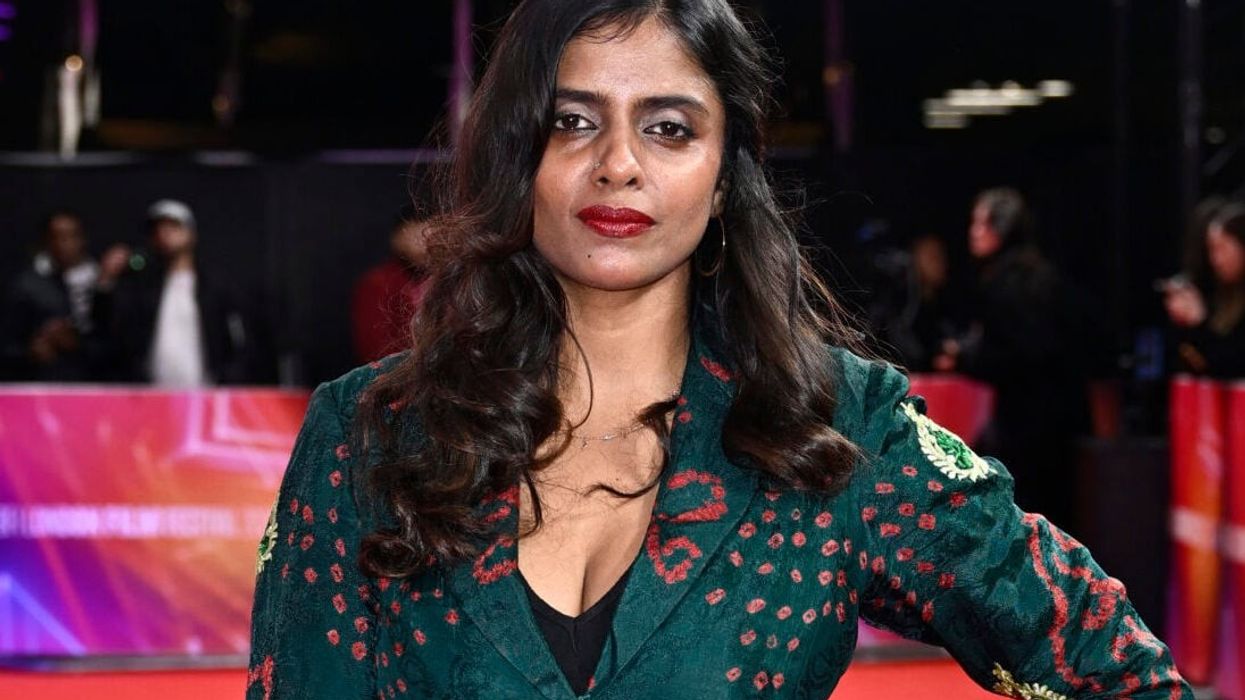





 Lunchbox is a powerful one-woman show that tackles themes of identity, race, bullying and belongingInstagram/ lubnakerr
Lunchbox is a powerful one-woman show that tackles themes of identity, race, bullying and belongingInstagram/ lubnakerr She says, ''do not assume you know what is going on in people’s lives behind closed doors''Instagram/ lubnakerr
She says, ''do not assume you know what is going on in people’s lives behind closed doors''Instagram/ lubnakerr








 He says "immigrants are the lifeblood of this country"Instagram/ itsmetawseef
He says "immigrants are the lifeblood of this country"Instagram/ itsmetawseef This book is, in a way, a love letter to how they raised meInstagram/ itsmetawseef
This book is, in a way, a love letter to how they raised meInstagram/ itsmetawseef
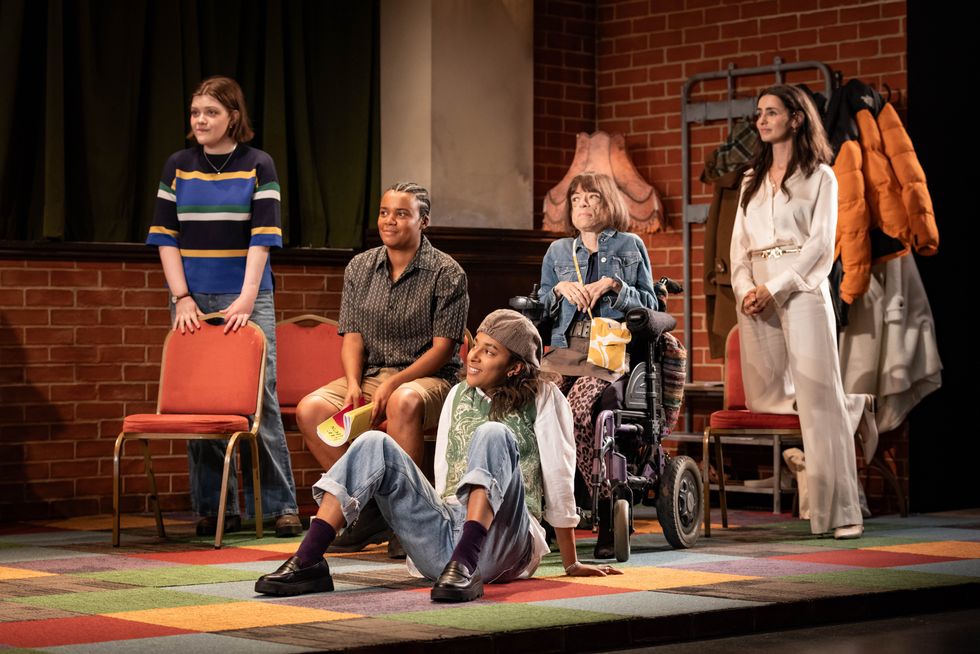 The crew of The Ministry of Lesbian Affairs
The crew of The Ministry of Lesbian Affairs
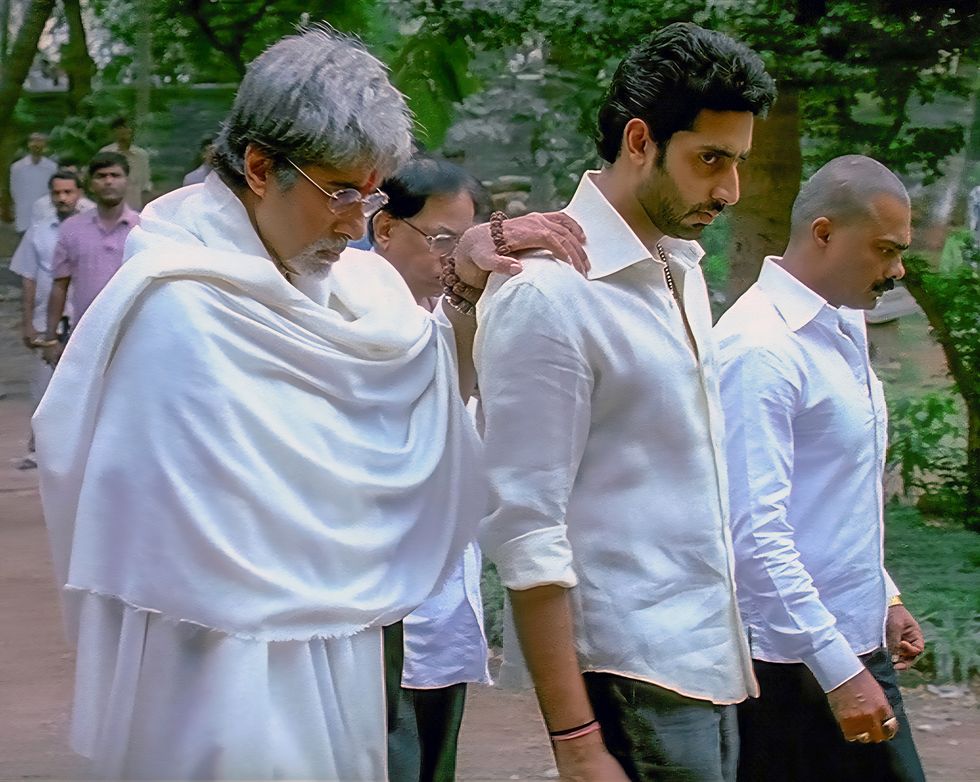 A still from Sarkar, inspired by 'The Godfather' and rooted in Indian politicsIndia Glitz
A still from Sarkar, inspired by 'The Godfather' and rooted in Indian politicsIndia Glitz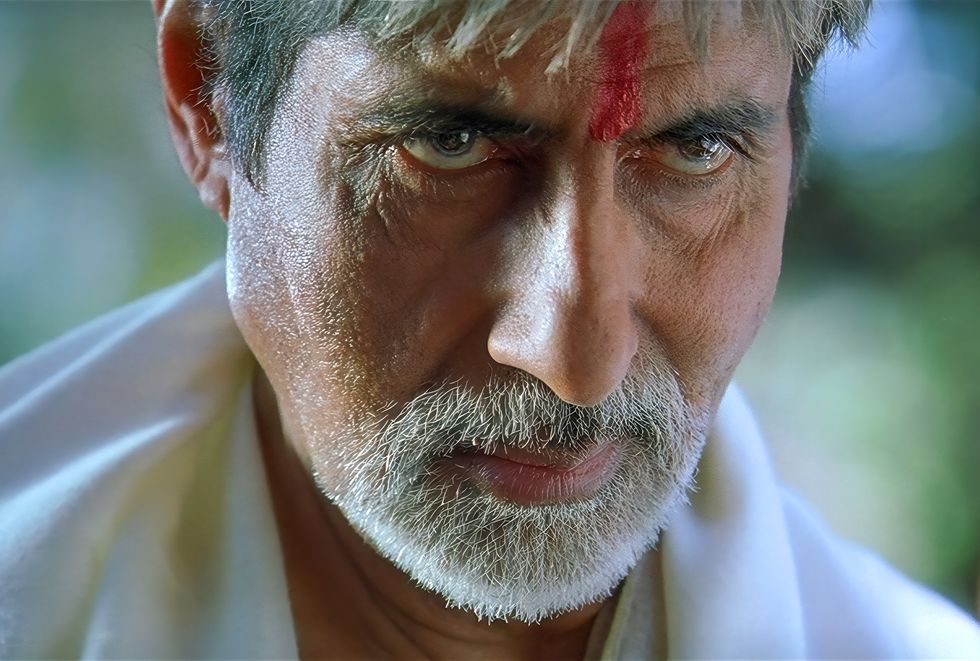 Sarkar became a landmark gangster film in Indian cinemaIndia Glitz
Sarkar became a landmark gangster film in Indian cinemaIndia Glitz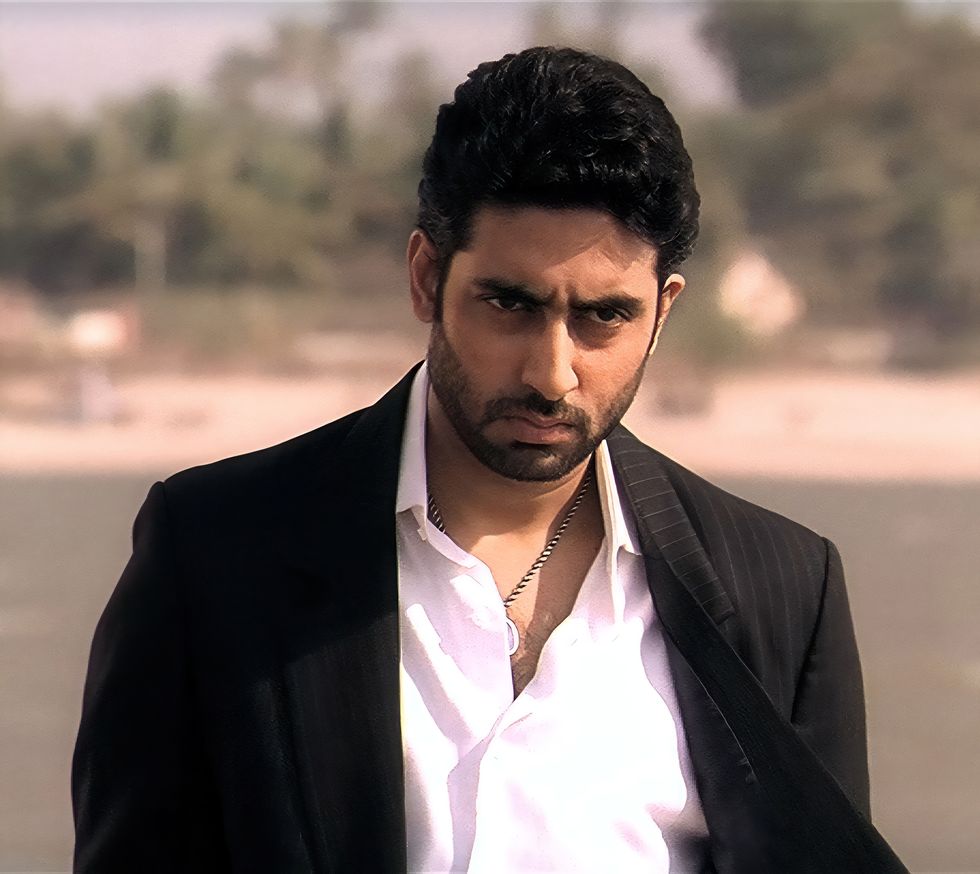 The film introduced a uniquely Indian take on the mafia genreRotten Tomatoes
The film introduced a uniquely Indian take on the mafia genreRotten Tomatoes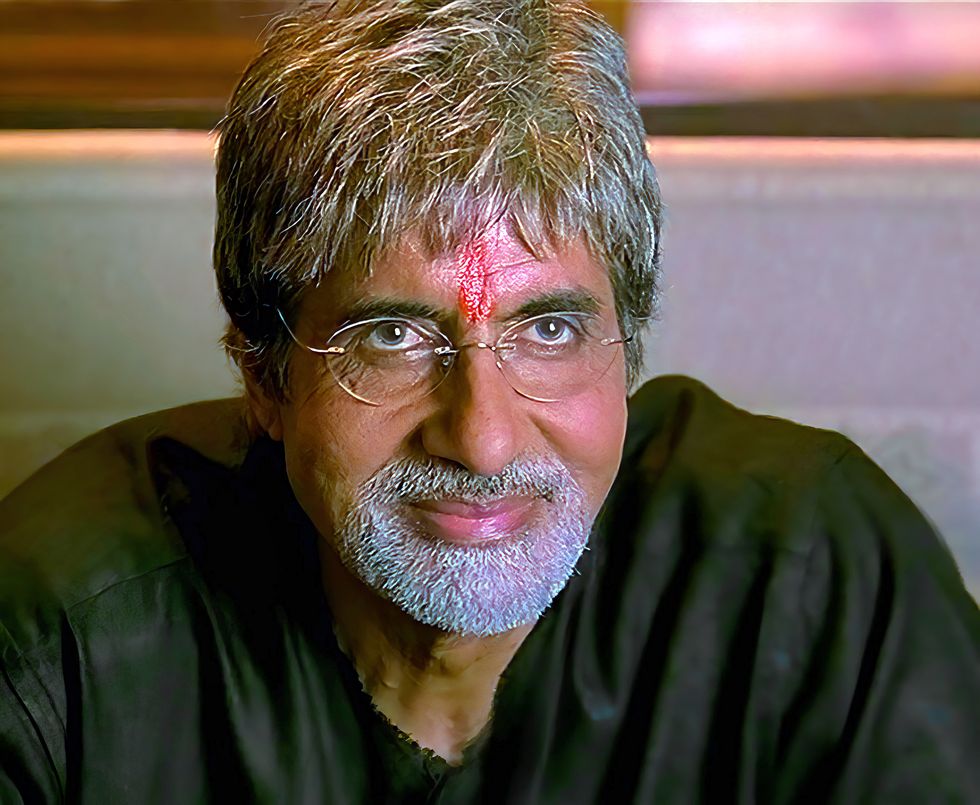 Set in Mumbai, Sarkar portrayed the dark world of parallel justiceRotten Tomatoes
Set in Mumbai, Sarkar portrayed the dark world of parallel justiceRotten Tomatoes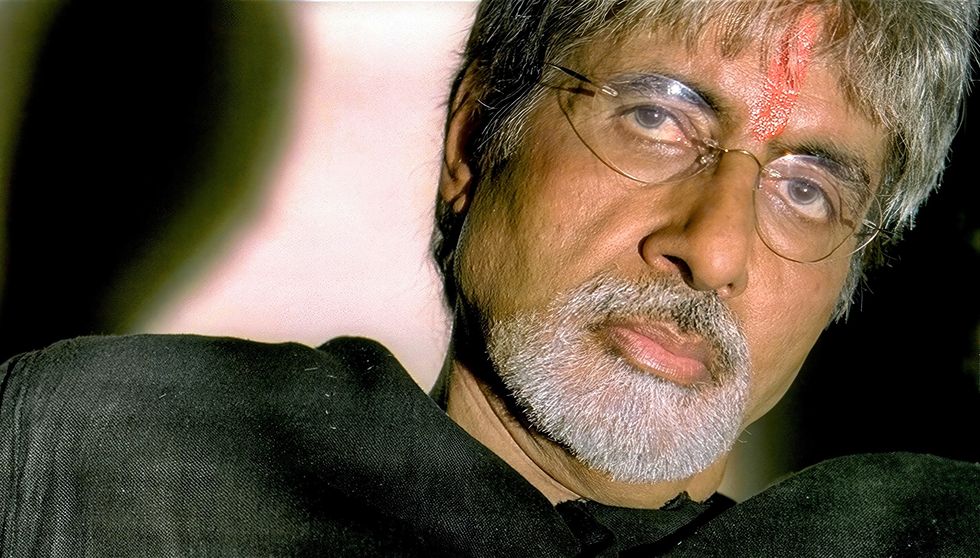 Ram Gopal Varma’s Sarkar marked 20 years of influence and acclaimIMDb
Ram Gopal Varma’s Sarkar marked 20 years of influence and acclaimIMDb
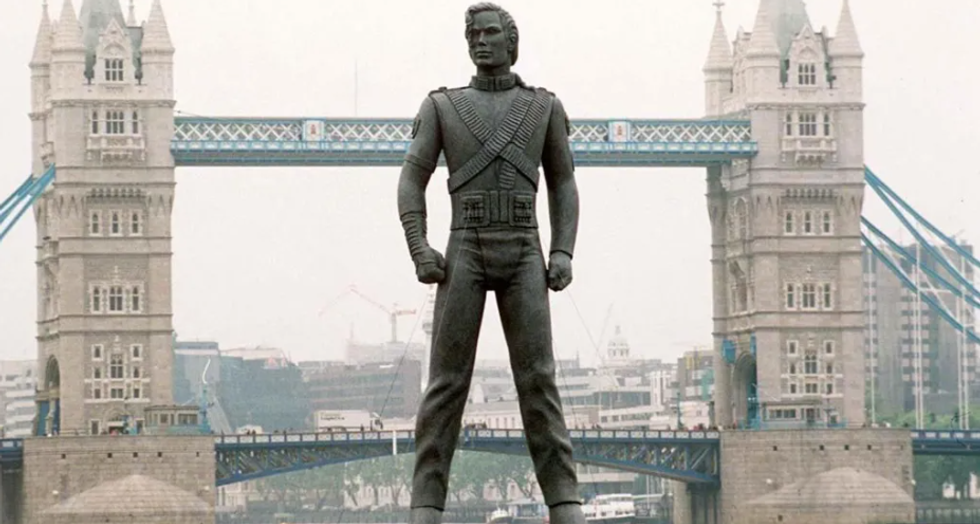 The statues were the product of a transatlantic effortGetty Iamges
The statues were the product of a transatlantic effortGetty Iamges